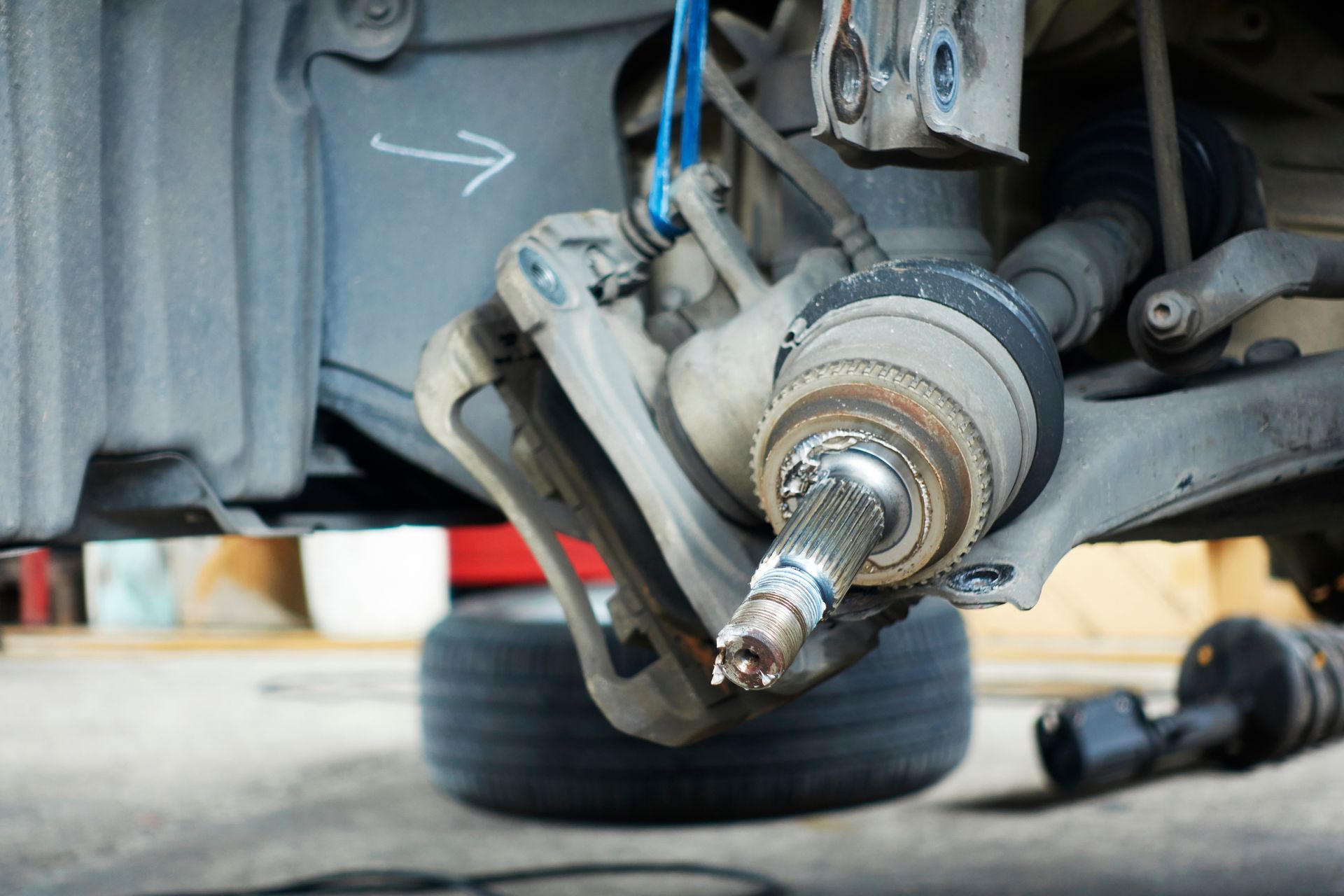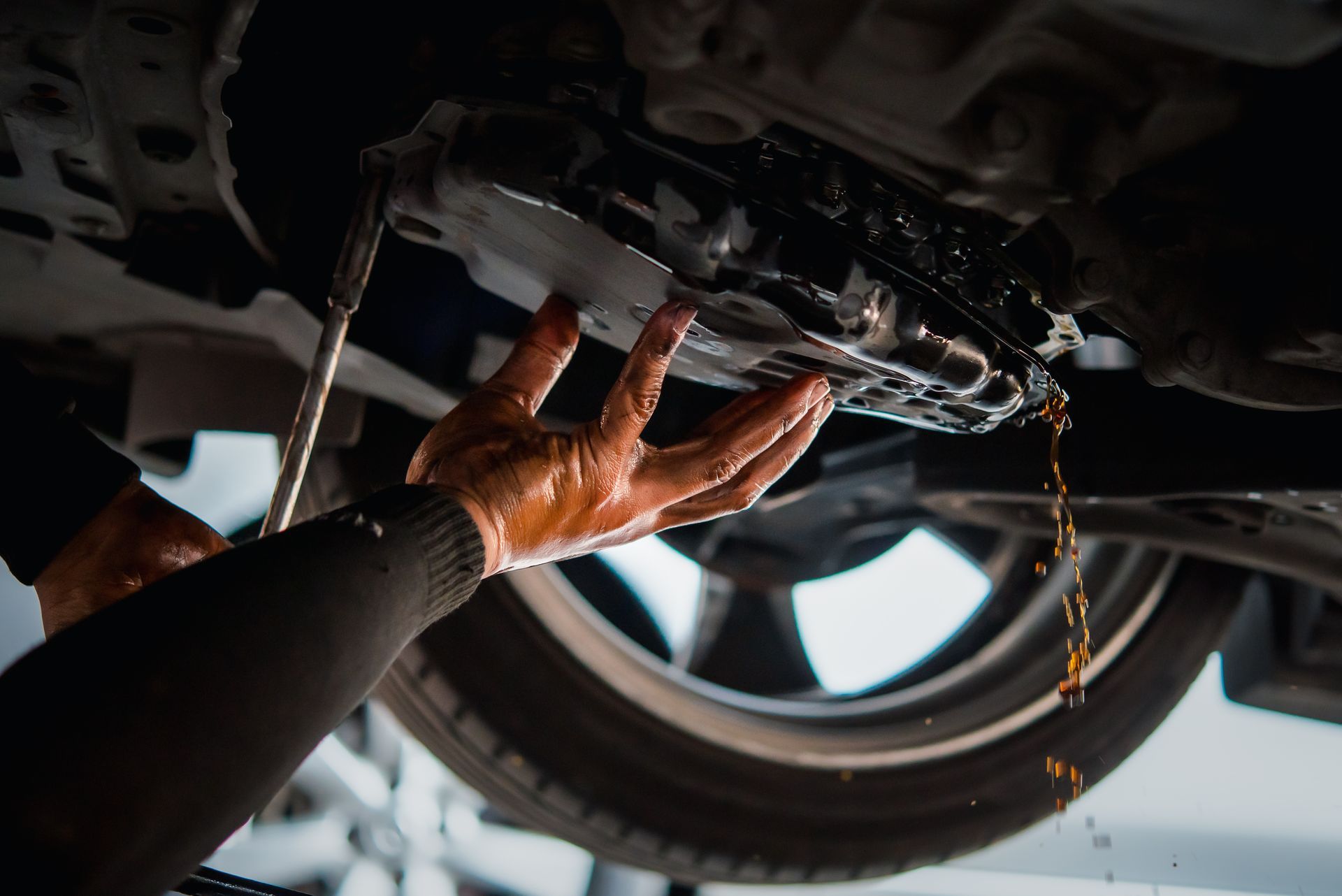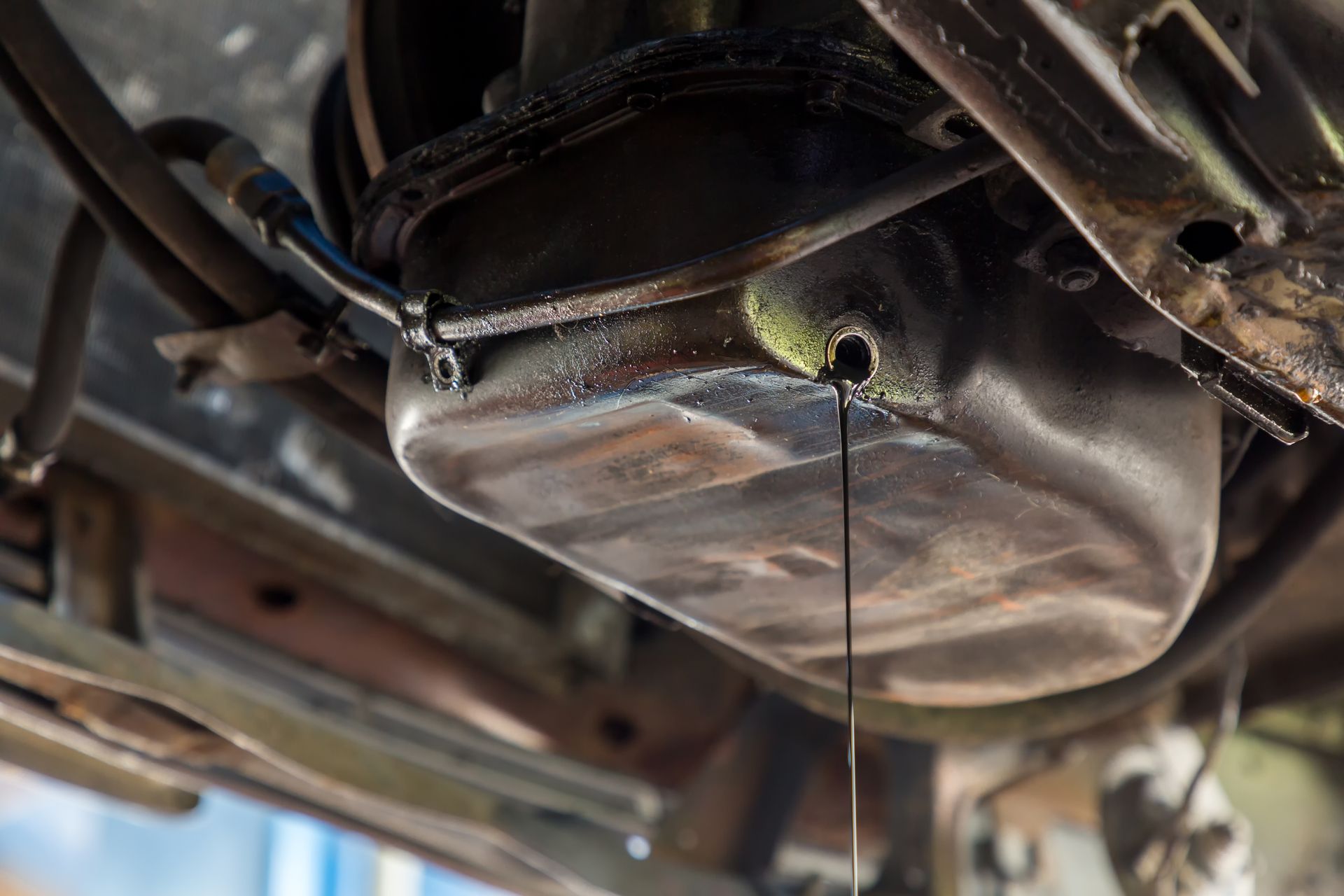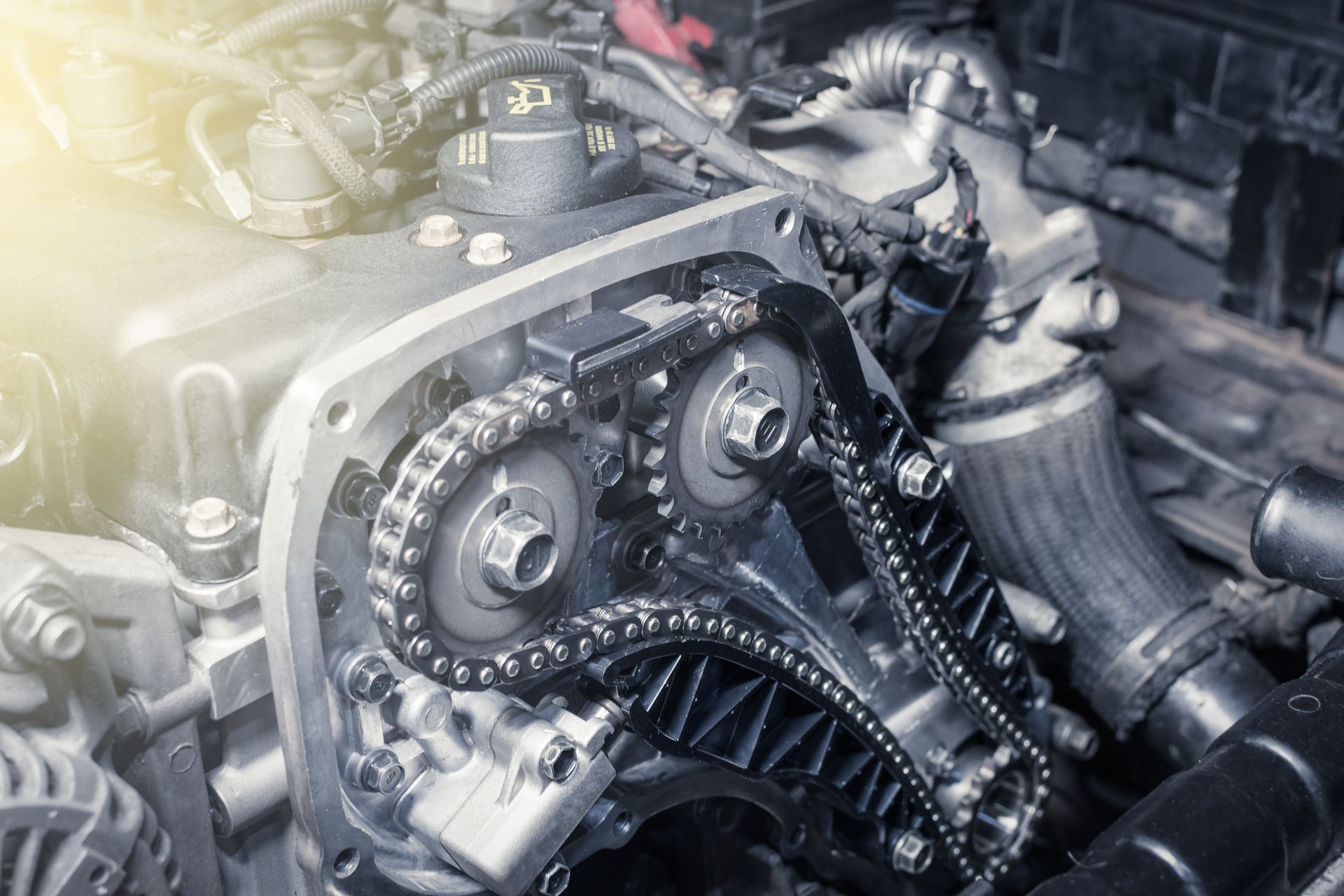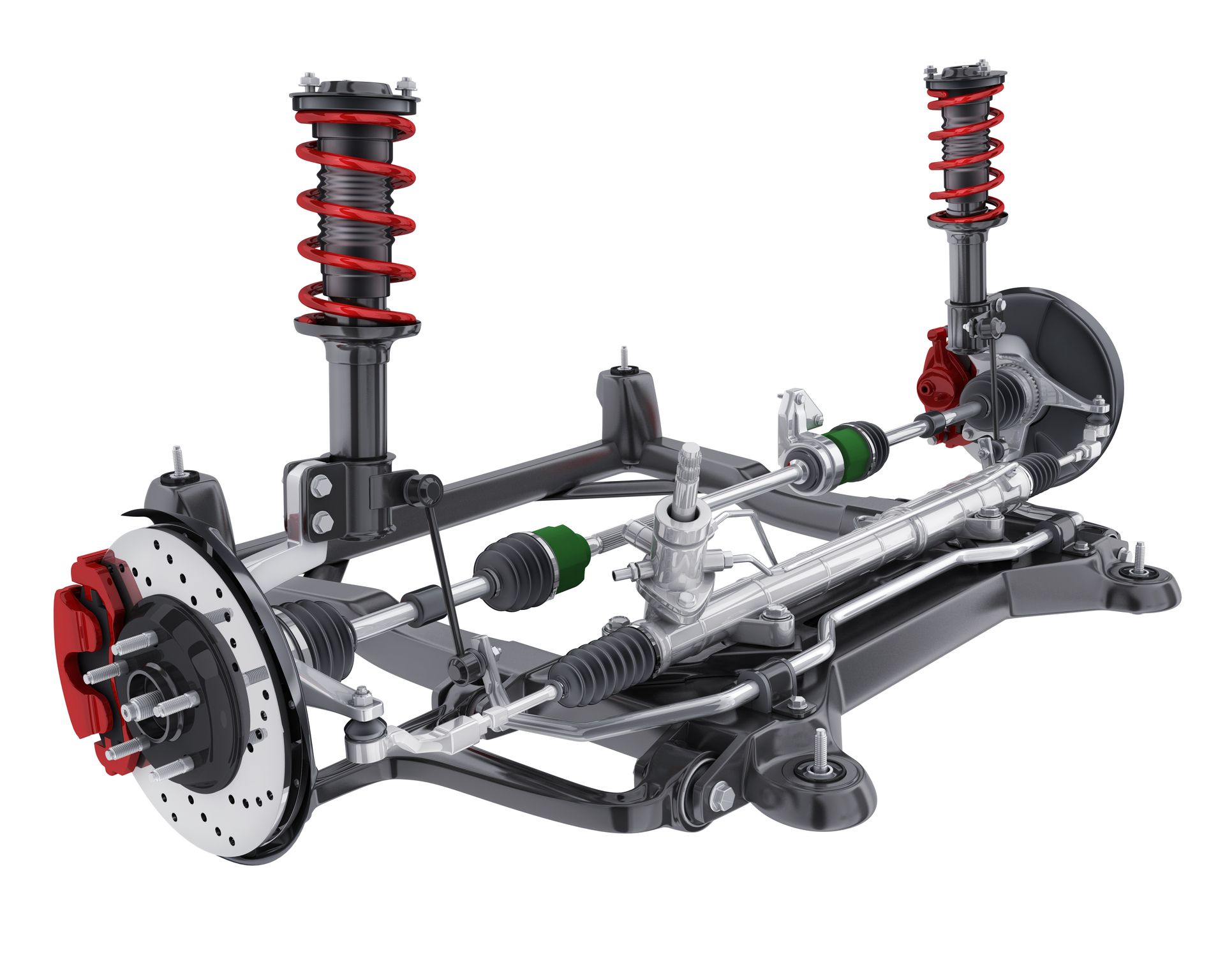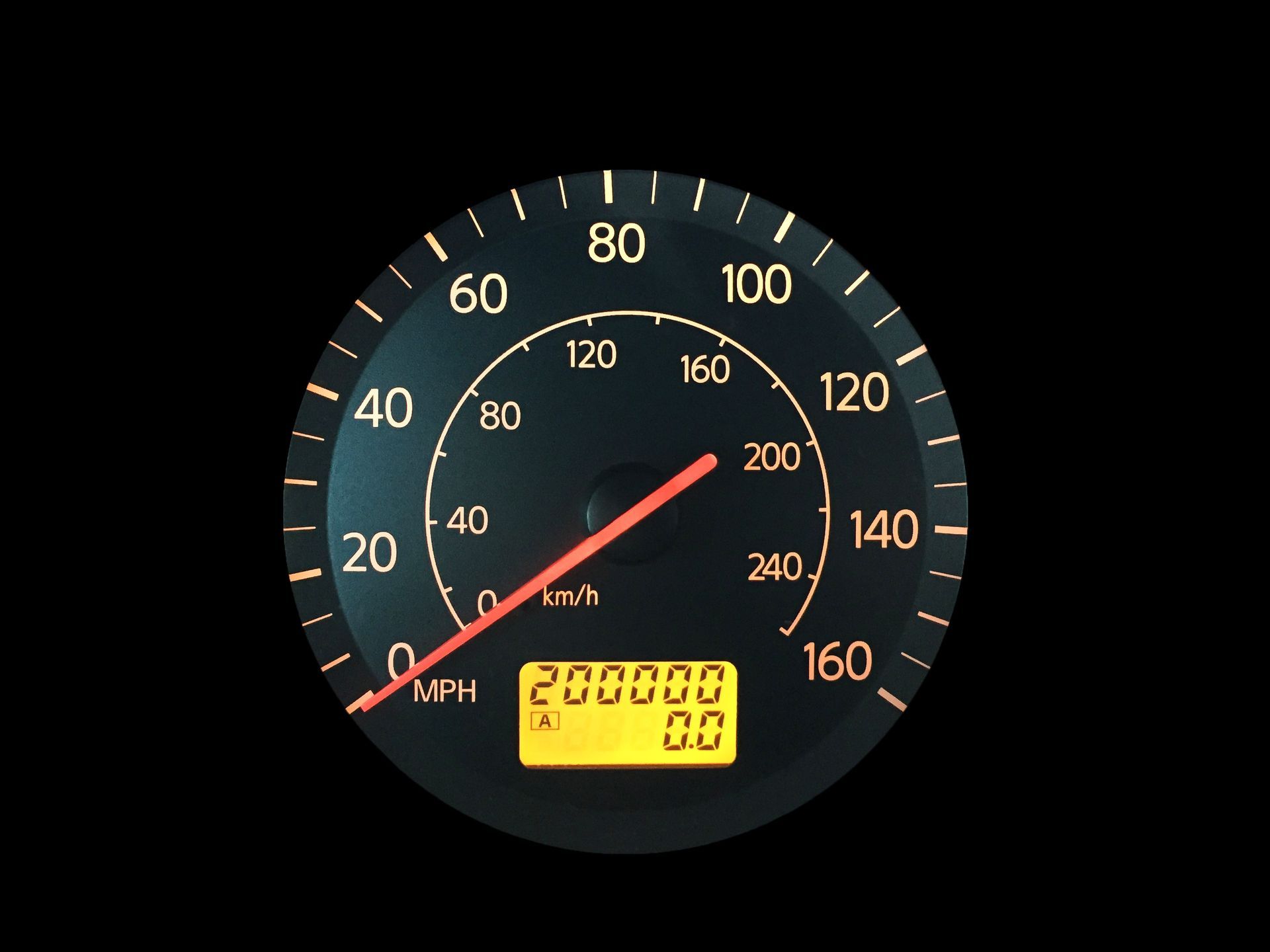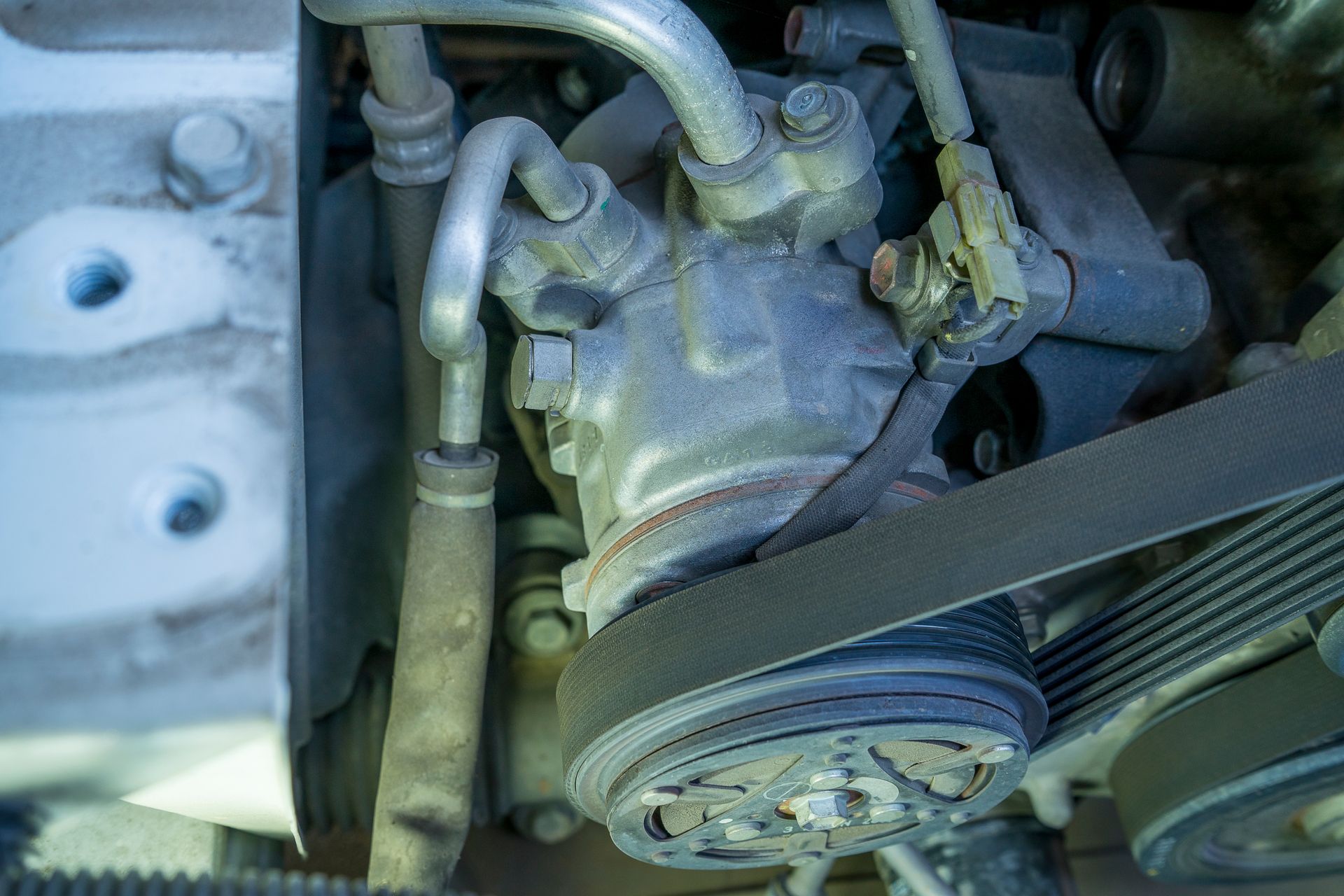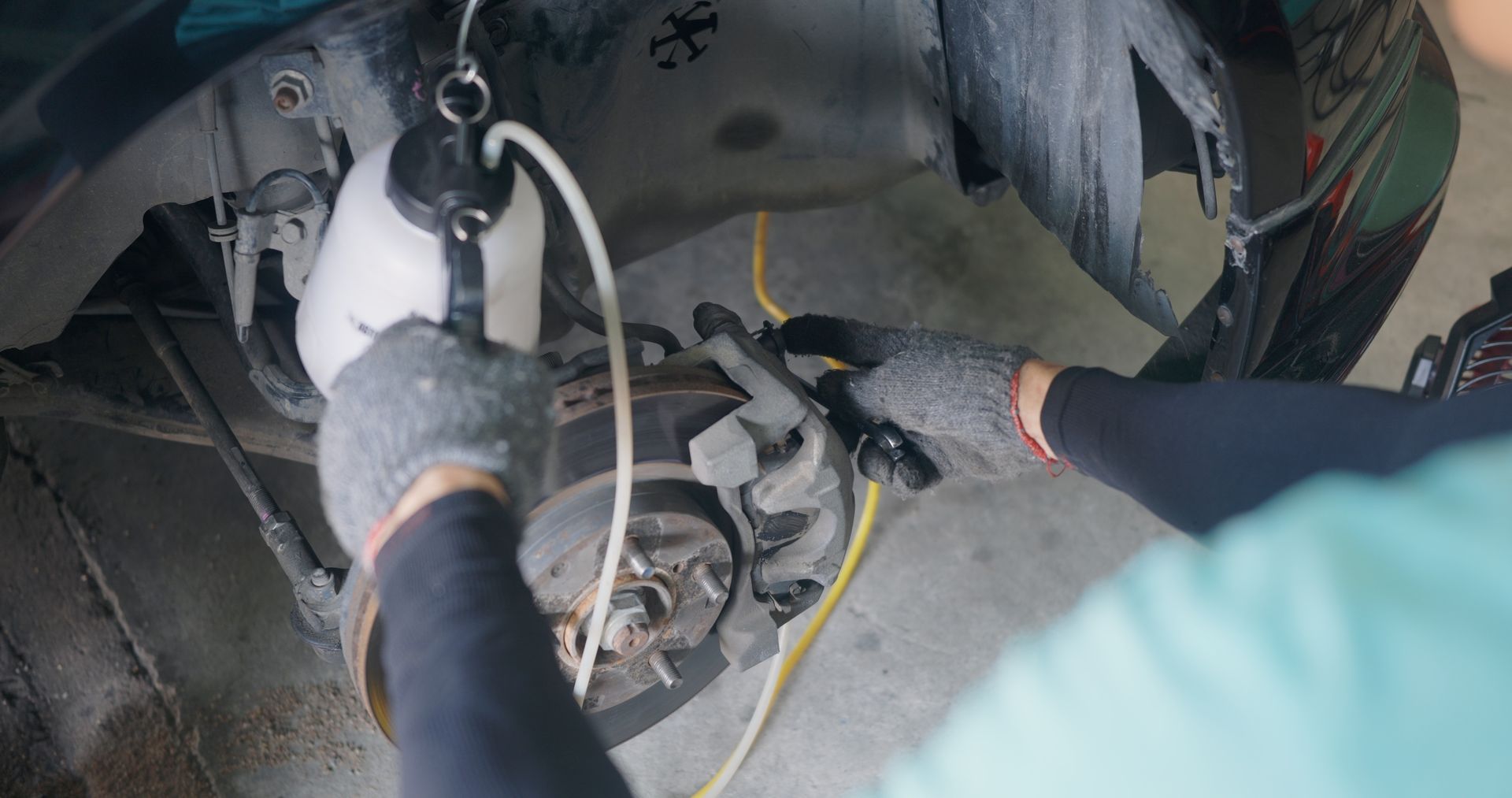When your engine begins to stall or hesitate, it’s natural to suspect a major mechanical issue. But sometimes, the culprit is something much simpler, like a dirty or clogged fuel filter. Though easy to overlook, your fuel filter plays a critical role in protecting your engine by ensuring only clean fuel reaches it.
Over time, contaminants such as dirt, rust, and debris accumulate in the fuel system. The filter keeps those particles from clogging the fuel injectors or damaging the engine. However, when the filter itself becomes blocked, fuel flow is restricted, resulting in performance issues such as stalling.
How a Fuel Filter Works
The fuel filter is typically located along the fuel line, either near the fuel tank or in the engine bay. As gasoline flows through the filter, it traps particles and impurities. This process prevents contaminants from reaching the fuel injectors, which require clean fuel to operate smoothly.
Some vehicles have metal or plastic canister filters, while others use integrated filter systems within the fuel pump assembly. Regardless of the design, all fuel filters have a limited lifespan.
What Happens When the Filter Is Dirty
A dirty filter won’t let fuel pass through easily. The engine may be starved of the gasoline it needs, especially under load or during acceleration. This can cause symptoms such as:
- Engine hesitation
- Poor acceleration
- Difficulty starting
- Frequent stalling or sputtering
Stalling occurs when the engine demands more fuel, such as when merging onto a highway or climbing a hill, but the clogged filter can’t keep up.
In severe cases, the engine may not start at all if fuel can’t reach the combustion chamber.
Other Effects of a Dirty Fuel Filter
A clogged filter can put strain on the fuel pump, which has to work harder to push gasoline through the obstruction. This extra effort can cause the pump to fail prematurely, resulting in a more expensive repair.
Dirty filters can also disrupt air-fuel balance, triggering the check engine light or causing poor fuel economy.
When Should You Replace It
Fuel filter replacement intervals vary by make and model. Some manufacturers recommend changing it every 20,000 to 30,000 miles, while others list it at 60,000 miles or more. In newer vehicles equipped with long-life filters, replacement may not be necessary until the vehicle has traveled over 100,000 miles.
Still, if you experience symptoms of a clogged filter or plan to take a long trip, it’s wise to have the filter inspected and replaced if necessary.
Vehicles that frequently operate in dusty environments or use lower-quality fuel may require more frequent filter replacements.
Don’t Confuse It With Other Fuel Issues
While a dirty fuel filter is a common cause of stalling, it’s not the only one. Failing fuel pumps, clogged injectors, or issues with spark and air supply can cause similar symptoms. A professional diagnosis is important to confirm the cause and ensure you don’t replace parts unnecessarily.
A fuel pressure test can quickly determine if fuel flow is restricted, pinpointing the filter or pump as the likely issue.
Stay Running Smooth With Forthright Auto Repair in Albuquerque, NM
If your car is stalling, hesitating, or just not driving like it should, don’t wait until you’re stuck on the side of the road. Our team can inspect your fuel system, test pressure levels, and replace your fuel filter to restore power and reliability.
Call
Forthright Auto Repair in Albuquerque, NM, today to schedule a fuel system check and keep your engine running clean.

